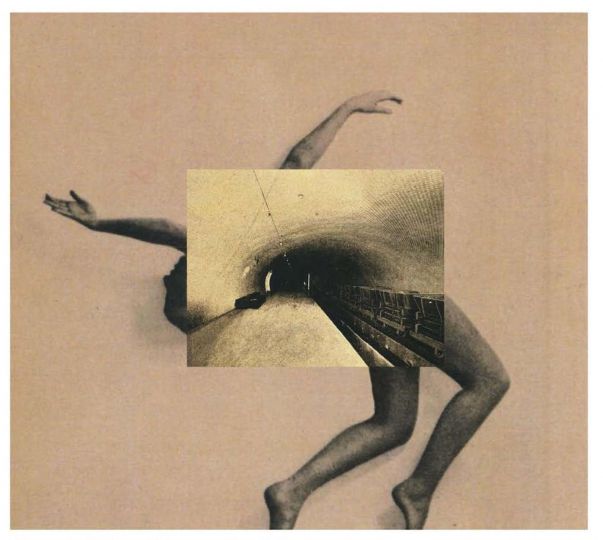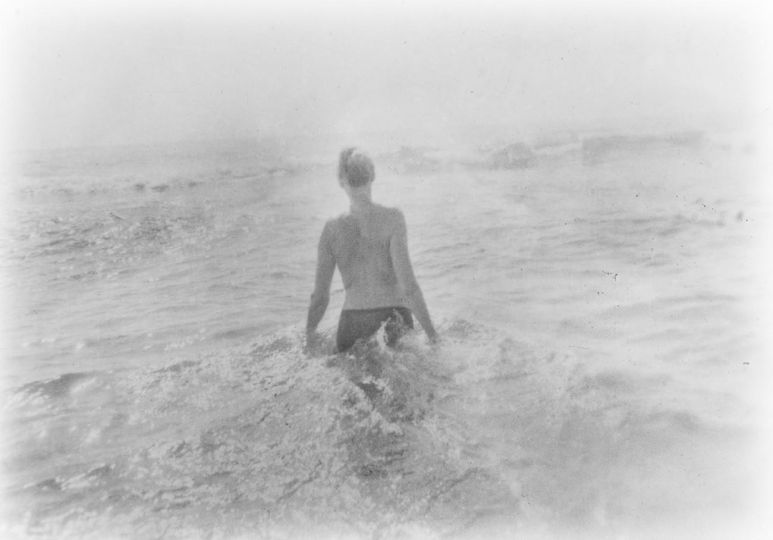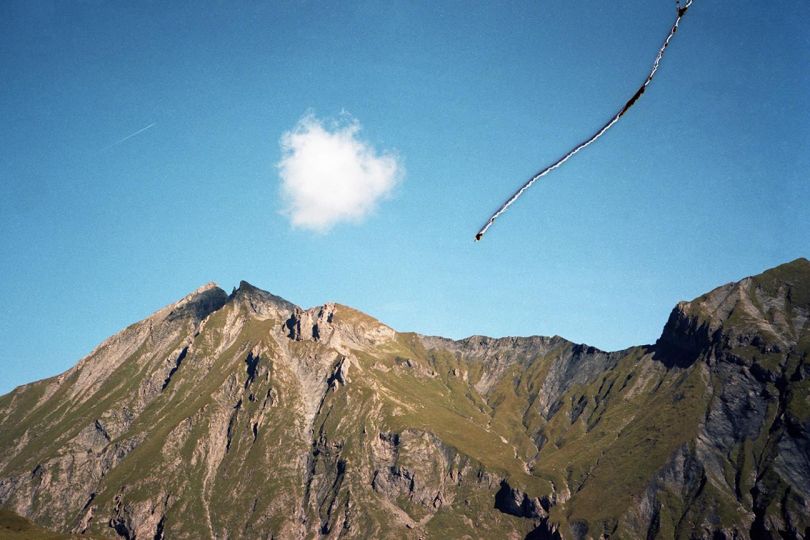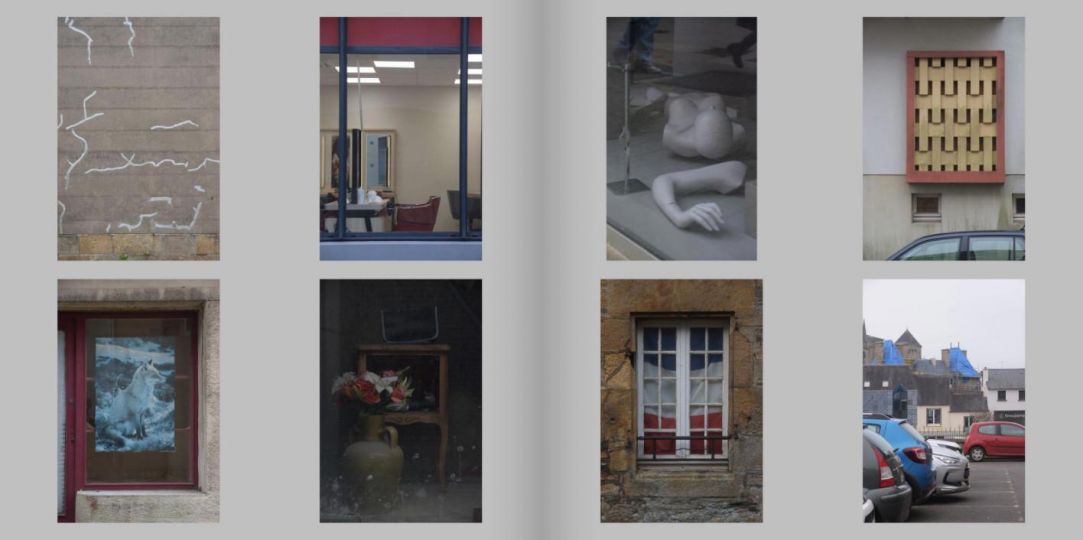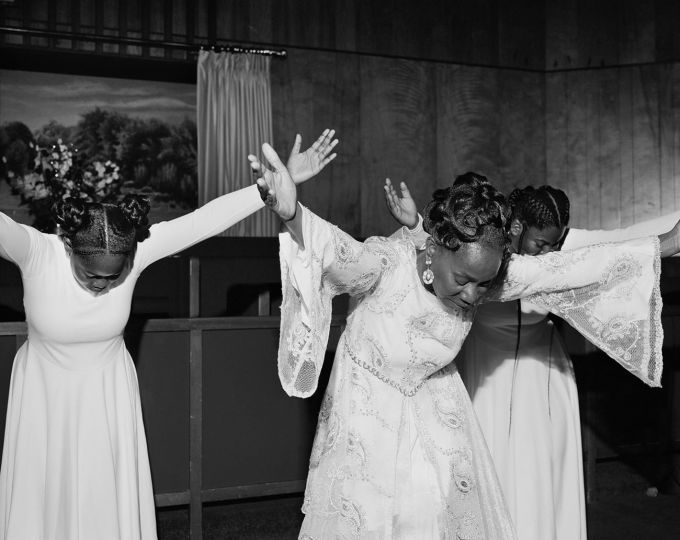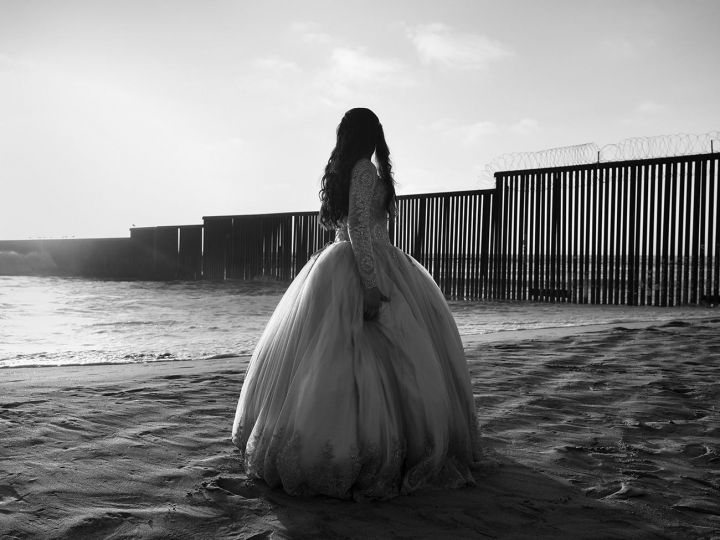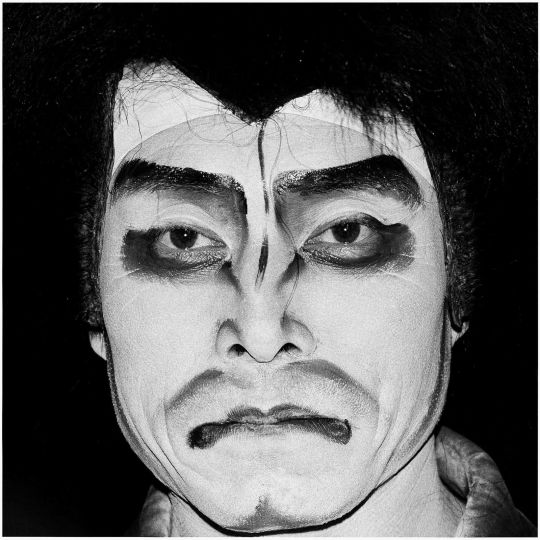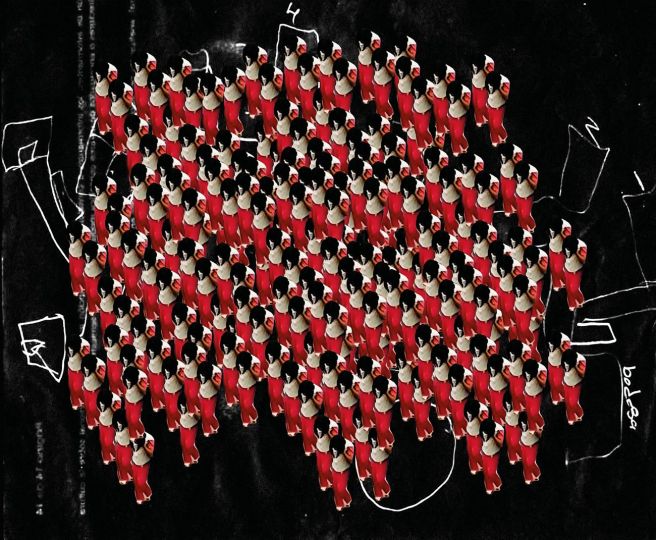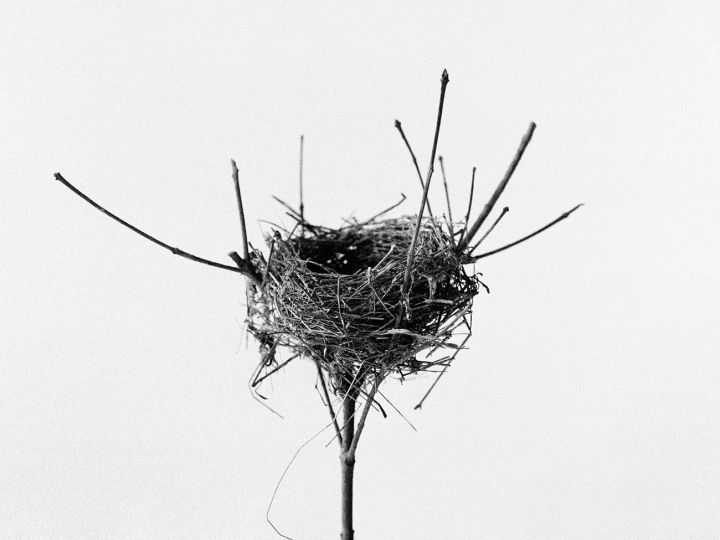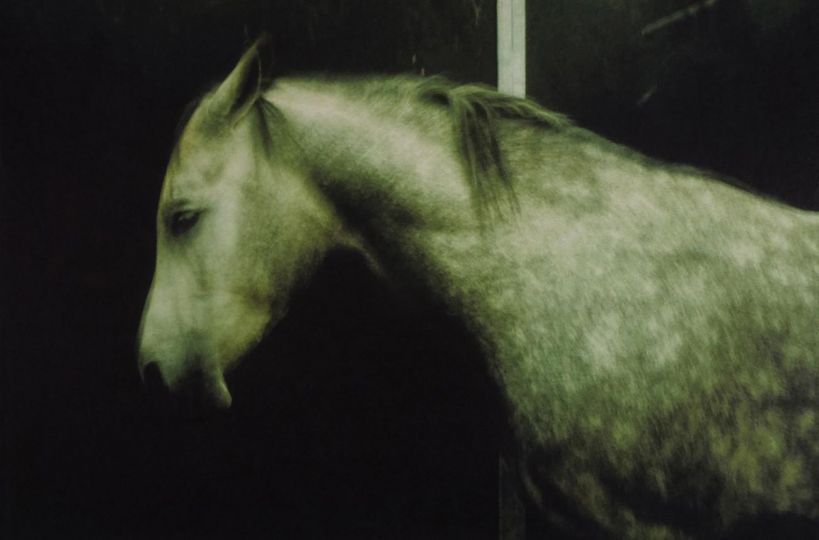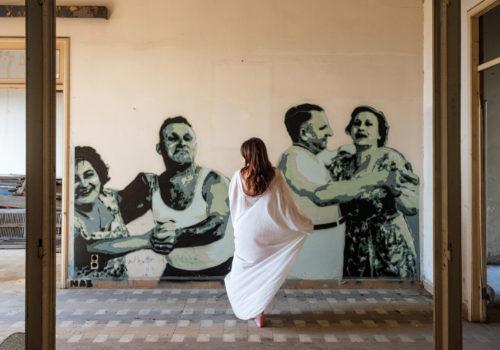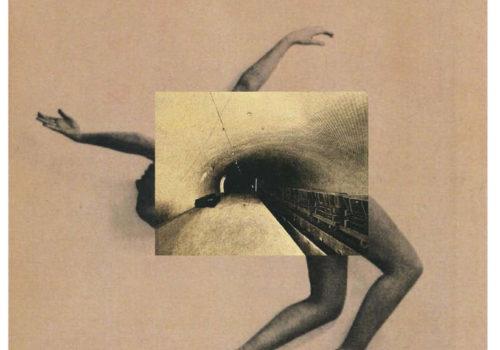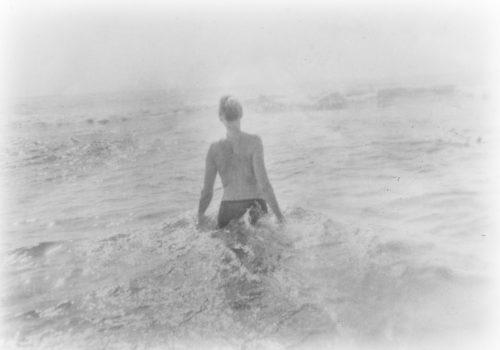This is the second personal exhibition of the artist Blaise Adilon at the Galerie Henri Chartier, following the one produced in 2021, Blaise Adilon, Mémoires Troublées under the curatorship of Thierry Raspail.
For this event, Blaise Adilon is exhibiting two new series, L’Herbier du futur and Cérémonie(s) in two spaces, in the gallery on rue Auguste Comte and in his house in Brindas where he lives today. This house was built by his father, the painter and architect Georges Adilon in 1960/1970 and is listed as a 20th century heritage site.
Robert Pujade, critic and historian of photography, is the author of a text on the latest work of Blaise Adilon, of which here is an extract.
Inner View Ceremonies
Blaise Adilon’s self-portrait was indeed born from a photograph. However, some similarities with the pose, the darkness and the light of the Rembrandts painted by himself invite us to consider this image – and therefore also all of his work – in an artistic register where photography refrains from faithfully capturing the visible world.
The result is that this self-portrait, located at the front of the exhibited series, instructs us on the mode of representation of the artist’s visions. More than a representation, it is in fact a translation into the art language of the imaginary forms of his inner gaze.
Thus, we will notice on his face the uneven treatment of the eyes: the left eye is both sharp and realistic, the right eye is hidden by a black mask. This difference between open viewing and blinded symbolizes the opposition between sight and vision, between man and the artist.
How, then, does the photographic image, which is only a snapshot, and thereby dedicated to the reproduction of the visible, come to transcribe an interior vision? It is obvious that Blaise Adilon’s achievements go beyond the performances specific to the photographic image and that his work evolved to an artistic approach.
Indeed, the technique he uses consists of using the surface of the photographic print as if it were a malleable material, in the same way as plaster in sculpture or tempera in painting. He intervenes on the surface of the subjects photographed by modifying as he wishes their positioning in space as well as the outline of their shapes until he obtains an image corresponding to his vision of the world. This is how his self-portrait, ignoring a physical resemblance, shows us another self, seemingly unrecognizable, but as close as possible to his inner world. He then plunges us straight into the invisible source of inspiration which governs each of his series.
At first glance, the three series of Blaise Adilon presented in two spaces, at the Henri Chartier gallery and in the house where the artist lives, appear dissimilar judging only by the subjects treated. On the other hand, the titles which concern them are enigmatic: L’Herbier du futur presents fragments of flowers, Mémoires troublées obscure images of unspecified events and Cérémonie(s) effigies of African fetishes. If we only stick to what we see at first glance, nothing compares these works to each other with the exception of one easily remarkable detail: each of the series is governed by a preeminence of substance over form. In every picture the size and the sumptuousness of the images justify the name, the subjects appear or, more precisely, emerge from a uniform background with a different level of violence depending on the series, which deserves the greatest attention.
Robert Pujade
Blaise Adilon : L’Herbier du futur
September 12 – October 19, 2024
Galerie Henri Chartier
3 rue Auguste Comte
69002 Lyon
+ 33 (0)6 70 74 80 92
www.henrichartier.com



